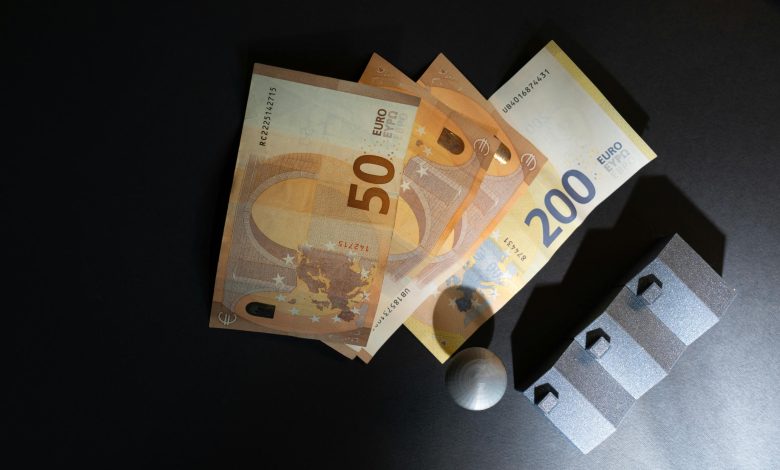Building Wealth: Adopt a “Pay Yourself First” Budgeting Method

Building Wealth: Adopt a “Pay Yourself First” Budgeting Method
When it comes to personal finance, one principle separates those who build wealth from those who live paycheck to paycheck: paying yourself first.
What Does It Mean to Pay Yourself First?
Paying yourself first means setting aside a portion of your income for savings and investments before you do anything else. Before paying bills. Before buying groceries. Before splurging on entertainment. The first “bill” you pay each month should be to your future self.
Think of it as non-negotiable. Just like rent or a car payment, your savings deserve priority.
Why It Works
Most people try to save what’s left over after spending—and there’s usually nothing left. Paying yourself first flips that mindset. You treat saving as essential. Over time, those consistent deposits add up and begin to grow through compound interest and smart investing.
How to Do It
-
Set a Target Percentage
Start by committing a percentage of your income—10% is a common goal, but start with 5% if money’s tight. The key is consistency, not perfection. -
Automate the Process
Set up automatic transfers to a savings account or investment account every payday. Out of sight, out of mind. -
Treat It Like a Bill
If you wouldn’t skip your rent, don’t skip your savings. Make it a fixed cost in your budget. -
Use Multiple Accounts
Have separate accounts for emergency savings, retirement, and specific goals (like a house or vacation). This keeps things organized and discourages dipping into funds impulsively. -
Cut the Fat
If paying yourself first puts a squeeze on your budget, reevaluate your spending. Cancel subscriptions you don’t use. Eat out less. Find ways to cut back so you can continue investing in yourself.
Common Objections—and Why They Don’t Hold Up
-
“I don’t earn enough to save.”
Even $25 a month adds up. The habit matters more than the amount. -
“I have too much debt.”
You can—and should—pay down debt and save at the same time. It’s not either/or. -
“I’ll save when I make more.”
If you don’t build the habit now, you won’t magically start when your income increases.
Conclusion
Building wealth isn’t about flashy moves or lucky breaks—it’s about discipline. Adopting the “pay yourself first” method hardwires savings into your lifestyle. It shifts your mindset from reactive to proactive. You stop waiting to have enough and start building enough, one paycheck at a time.



